Blogs
My name is Teddy Muyeka, and I am passionate about sharing my mental health journey. I am glad to share my experiences here at "Building Self-Esteem" so that I can help others cope better with their struggles. I have lived with depression for a long time, and it has deeply affected my self-esteem. My coping mechanisms during this time, mostly avoidance, turned out to be causing more harm than good. It wasn’t until I started therapy that I started my journey to rebuild my self-confidence and develop healthier coping mechanisms.
Opposite action is a skill I learned as a patient in dialectical behavior therapy (DBT) some three years back. I had begun DBT—a form of therapy that attempts to teach skills that can help counteract a particular behavior—for emotional volatility, and one of the very first skills that I learned was opposite action.
My name is Kelsi Cronkright, and I am thrilled to join the "Debunking Addiction" blog at HealthyPlace. My history with addiction is extensive. As a highly sensitive, neurodivergent human, the demands of our capitalistic and heteronormative society have always felt overwhelming. About 20 years ago, when I was a freshman in high school, I began struggling with an eating disorder to gain a (false) sense of control. When I went to college, alcohol and other drugs were added to the mix, and my life quickly spiraled out of control.
Verbal abuse can impact the way children view relationships and themselves. Sometimes parents exhibit verbally abusive behavior toward each other without involving the children as recipients. Although the kids may not receive any verbal abuse from their parents, this dynamic still profoundly affects children and how they develop into adults.
The repercussions of self-injury go beyond the obvious. By sharing a bit about how self-injury affected my health, I hope to help you better understand the full extent of what you—or perhaps a loved one—may be going through.
Schizophrenia is a big part of my life. There are times (almost always) when I think it is too big of a part of my life. I doubt anyone wants to believe that their whole life and thoughts revolve around their mental illness, but hardly a moment goes by when I'm not thinking about schizophrenia. For example, I frequently have symptoms that make me aware of my illness.
If you’ve clicked on this blog post, someone in your life has likely begun taking steps to recover from their mental health struggles. First of all, thank you. I can say firsthand that having the support of loved ones has an impact on the process. It certainly has for me. Given that, I wanted to share how my loved ones have supported me and how you can support someone, too, in mental health recovery.
An idea that I keep returning to with my journey toward a happier life is looking for joy in situations that aren't typically very joyful. I'm sure you've heard the phrase, "Hard work is its own reward," but what does that mean? How can something that you loathe doing be in any way rewarding? How can you look for joy there?
At this time of year, we might think about how to change various aspects of our lives. We might want to change our looks, habits, or many other things. These changes are often expressed in the form of new year's resolutions. And as most of us have witnessed, new year's resolutions rarely last past the year being new. I think this, in part, is because we don't think about how to change and what's required to change. And in many cases, change begins with one simple idea: not changing has to be more painful than changing.
When I think about an anorexic mindset, two primary features stand out to me: deprivation and control. Within the eating disorder framework, these attributes often manifest in behaviors such as caloric restriction, compulsive exercise, food rituals, or body image obsession. However, an anorexic mindset can impact many areas of life outside the parameters of an eating disorder as well.
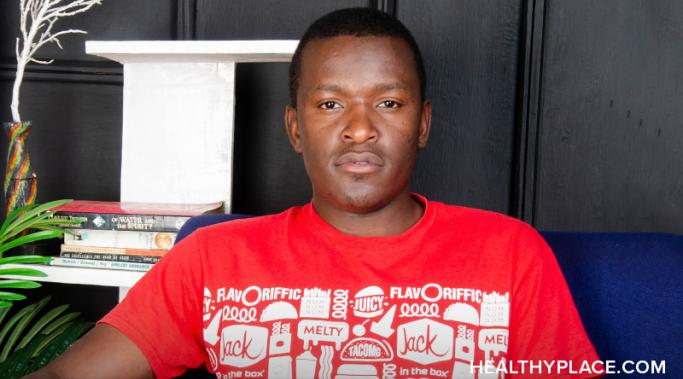
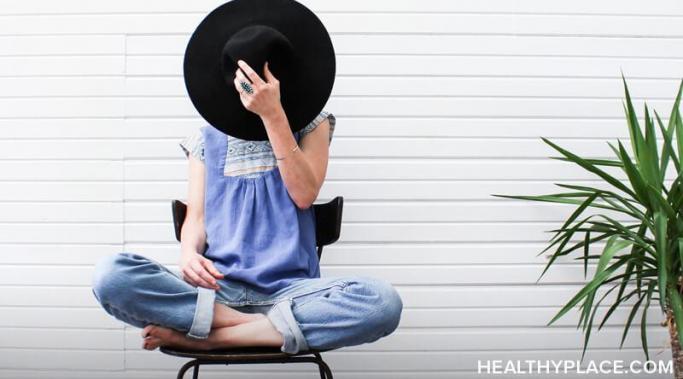
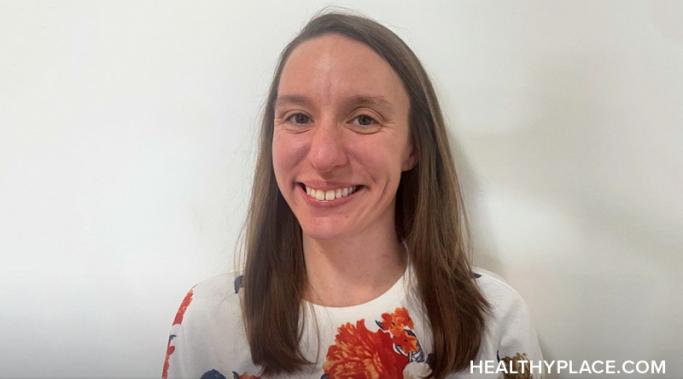

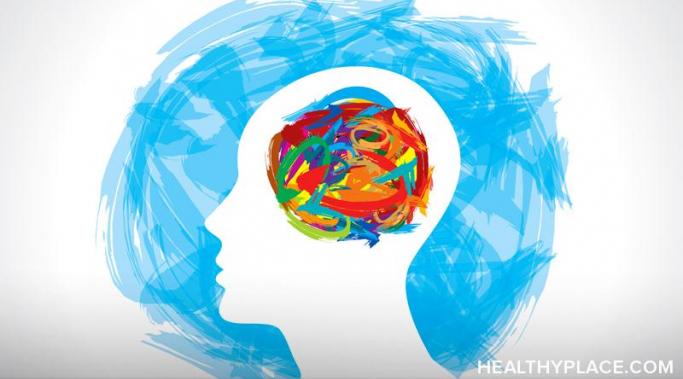
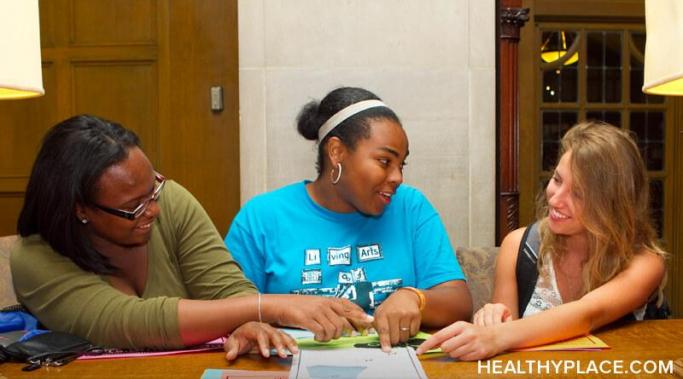

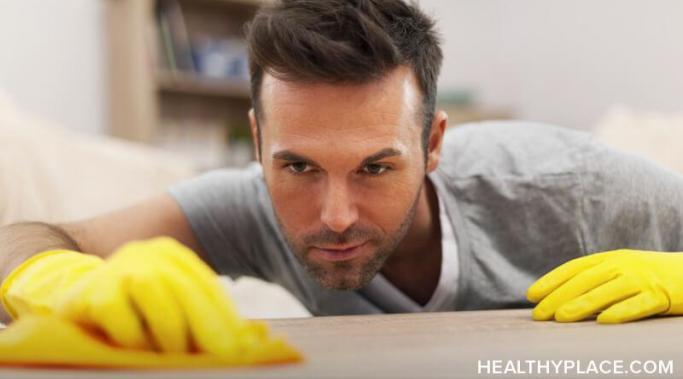
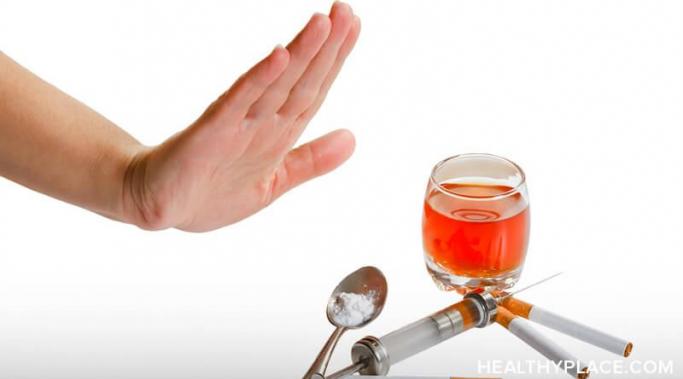
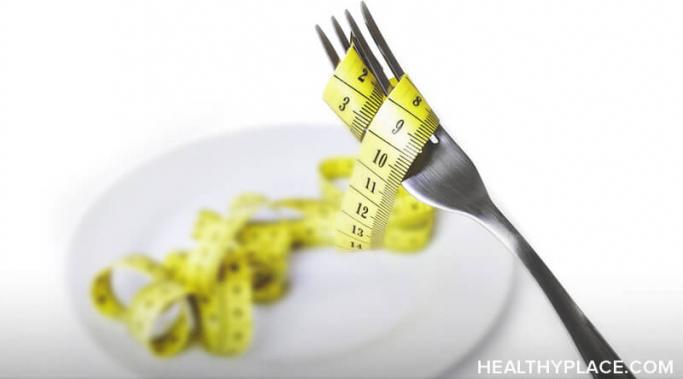
I just want to say that what you are talking about in your videos resonates with me, and that gives me comfort. I was diagnosed with ad(h)d about a month ago, and it threw me into an identity crisis and deep anxiety. The reason I wanted to get the diagnosis was to gain a deeper understanding of myself. But getting the diagnosis felt like a label on my forehead saying broken /disordered. I stigmatized myself heavily. Now I'm not thinking about the diagnosis every minute and try not to Google every day. I will make this an opportunity to cut myself some slack and give myself some self compassion, but it will take time and practice, I think. I have friends with the diagnosis, but it seems like they didn't take it so "heavily" - but that's me.
So reading about your experience was sort of comforting, to know that there is someone out there who has experienced a similiar reaction. I also recognise the feeling of polishing up and wanting to be "normal", not have depression and anxiety etc. But now that I know that it might be because of how my brain works and not that I'm just being "weak", maybe I will be able to accept myself better from here on. Maybe I'm much stronger that I think? So thank you from the bottom of my heart for sharing <3
Believe me, if you are holding down a demanding job, being a wife and mother (no matter how well or badly you think you are doing this), then you are doing, very, very well! And even if you're not, you are still doing SO much successfully.
I live in a rural area as well and it makes so many things harder. Keep advocating for yourself with therapy and doctors! Because of the pandemic and virtual therapy, we have SO many more choices! Look for someone who really focuses on ADHD and Cognitive Therapy.
I have felt my whole life that there was something wrong with me, but I didn't know it was ADHD. I just felt broken, a scatter brain, undisciplined, etc. I finally was diagnosed this year at the age of 57. It's going to take a while to undo the low self esteem issues.